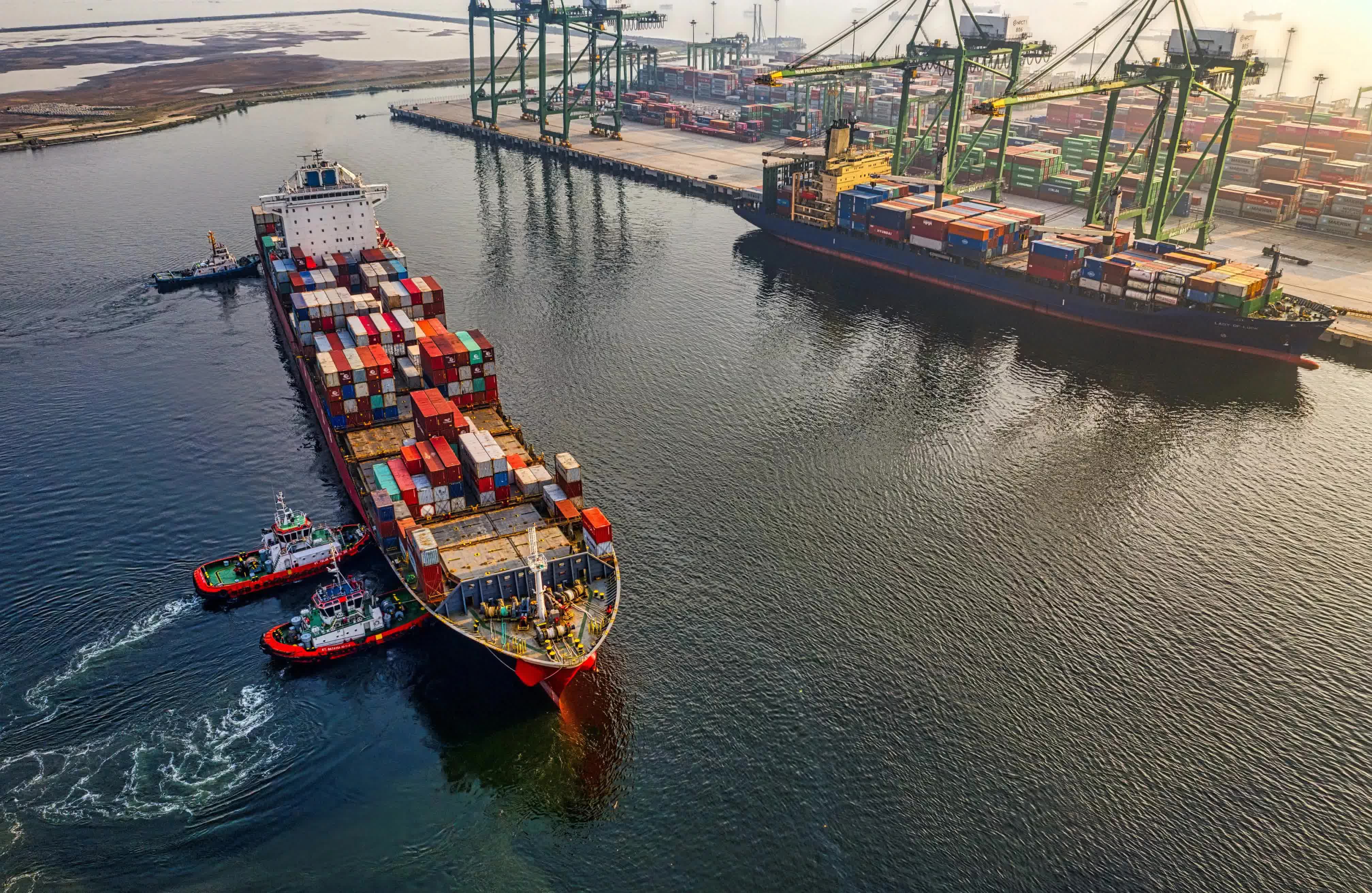Serving tech enthusiasts for over 25 years.
TechSpot means tech analysis and advice you can trust.
A hot potato: President Donald Trump has dropped what experts are calling a "nuclear bomb" on international trade. On Wednesday, he confirmed sweeping new tariffs of at least 10% on all imports into the United States – with significantly higher duties targeting both allies like the European Union and economic rivals like China. Most trade experts believe the move will provoke further tit-for-tat tariffs, fueling a potentially devastating and deflationary global trade war with no clear winners.
This aggressive escalation of Trump's trade wars could mean higher prices on virtually every product Americans purchase from overseas. Worse, analysts predict the tariffs could trigger recessions in multiple countries within the next year. "He just dropped a nuclear bomb on the global trading system," declared Ken Rogoff, former chief economist at the International Monetary Fund, in an interview with the BBC.
As a reaction to the announcement, technology stocks plunged Thursday (figures above reflect early morning trading). Apple so far is leading the decline among Big Tech enterprises sinking nearly 9% – its steepest drop since 2020 – due to its reliance on overseas manufacturing.
The Nasdaq Composite index dropped over 5%, on track for its worst single-day performance in more than five years, and is now down 14% year to date. Other major tech names also suffered: Meta and Amazon each fell more than 7%, while Nvidia and Tesla declined over 5%. Microsoft and Alphabet each slipped around 2%.
Even though certain categories like computer chips, copper, and medicine are excluded from the new tariffs – a special tax on semiconductors is expected to come at a later date – chipmakers were hit hard as well. Marvell, Arm, and Micron Technology all plunged more than 8%. Broadcom and Lam Research dropped 6%, and AMD slid over 4%. PC makers Dell and HP suffered the most, with both stocks crashing more than 16%.

Under the plan, a baseline 10% tariff will be imposed on all imports starting April 5. However, goods from roughly 60 countries – labeled by the White House as the "worst offenders" on trade – will face steeper penalties just a few days later, on April 9.
These countries will be hit with what Trump described as "reciprocal" tariff rates, matching the higher duties and taxes those nations currently impose on U.S. exports. For example, the EU's 20% tariffs will be met with a new 20% U.S. tax on European goods. China, whose exports were already heavily taxed under Trump's previous trade actions, now faces a staggering total duty rate of 54%.
While neighboring Canada and Mexico avoided Trump's wrath this time, nearly every other U.S. trade partner was affected – including long-time allies such as the UK (10% tariff) and Japan (24%). Some of the highest tariffs are aimed at countries like Vietnam (46%) and Cambodia (49%), which have experienced investment booms in recent years as companies shifted manufacturing from China to avoid earlier tariffs.
However, many questions remain unanswered, including whether these new tariffs will actually create more U.S. factory jobs, as Trump claims.
It's also worth noting that Apple and other tech giants that have been diversifying away from China could now get hit with high tariffs regardless of which country they use for manufacturing products sold in the U.S.
Economists had previously warned that tariffs would lead to higher prices on imports, including electronic products such as laptops, smartphones, monitors, computers, and TVs, most of which are primarily manufactured in China.
Retailers like Amazon, which rely on ultra-cheap goods shipped tariff-free in small packages, were also hit hard. Trump has moved to reinstate plans to kill a long-standing exemption that allowed items valued under $800 to enter the U.S. duty-free. The change could take effect in May.
Unsurprisingly, both China and the EU have threatened retaliation. However, Treasury Secretary Scott Bessent has urged against it, insisting the new tariffs represent the "high water mark" that other nations should simply accept.









 English (US) ·
English (US) ·